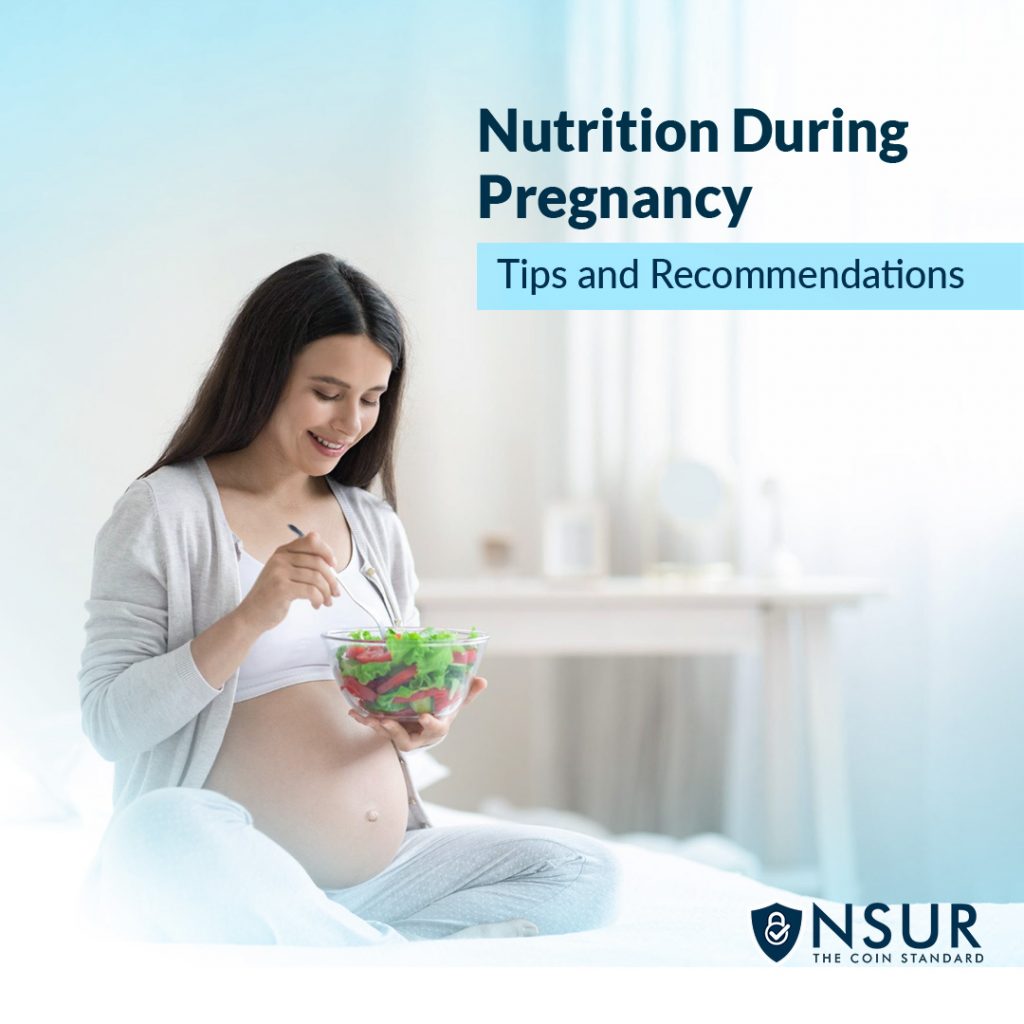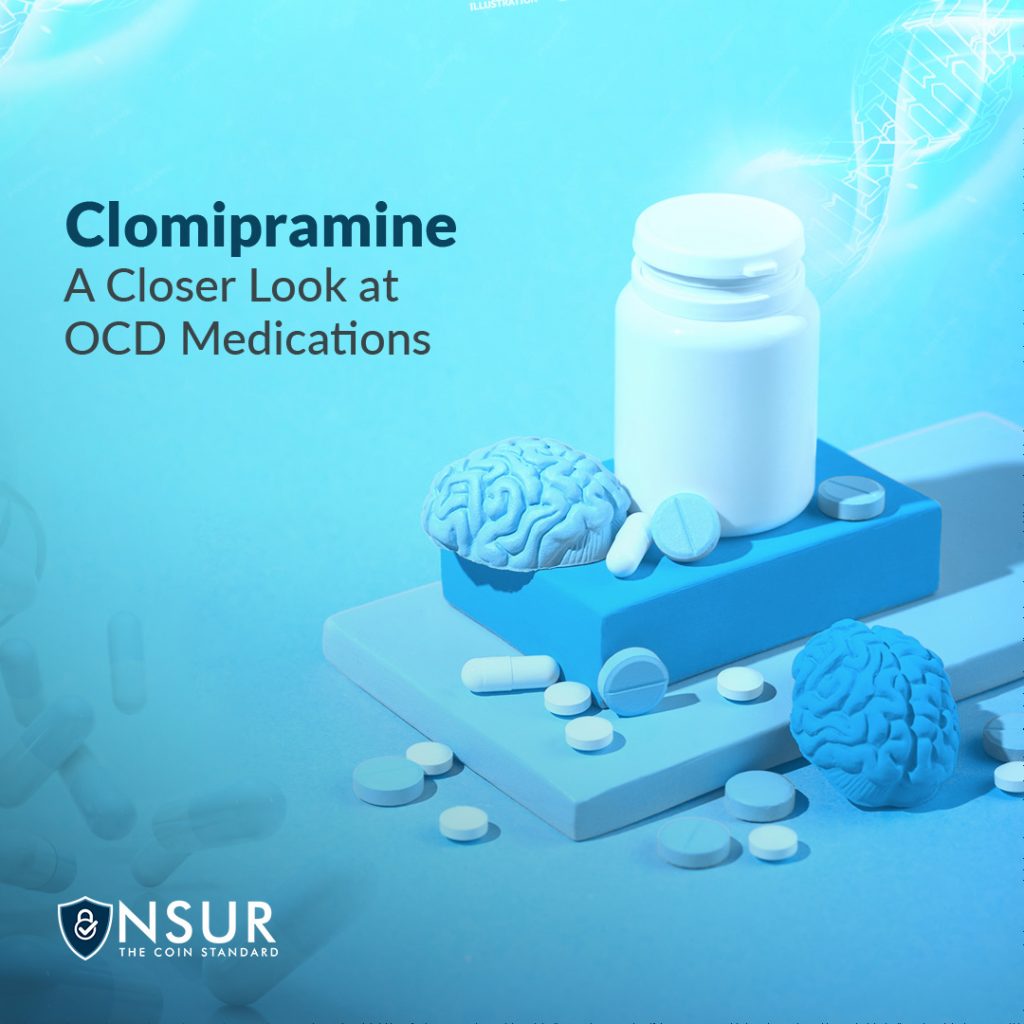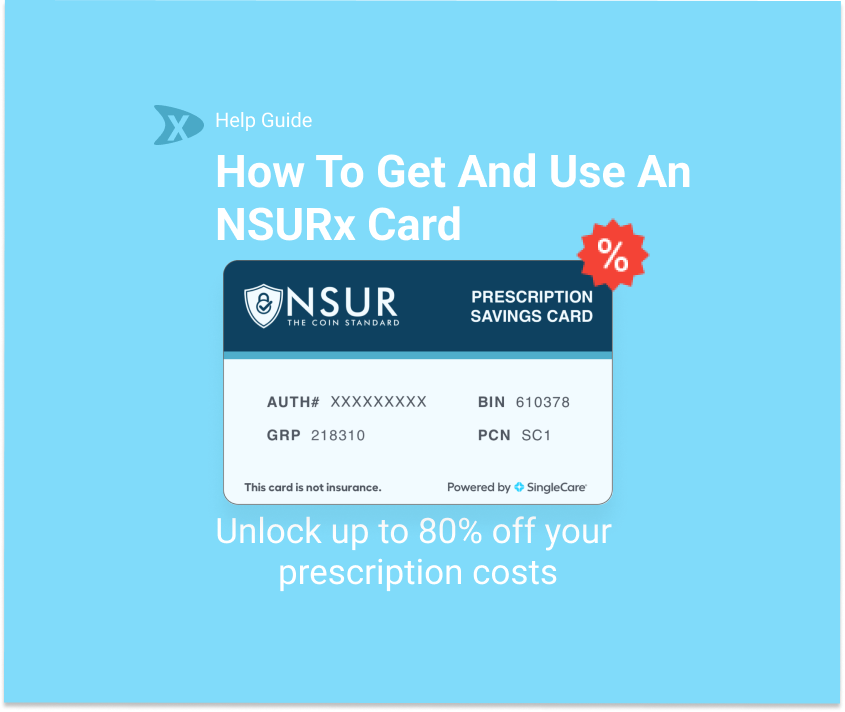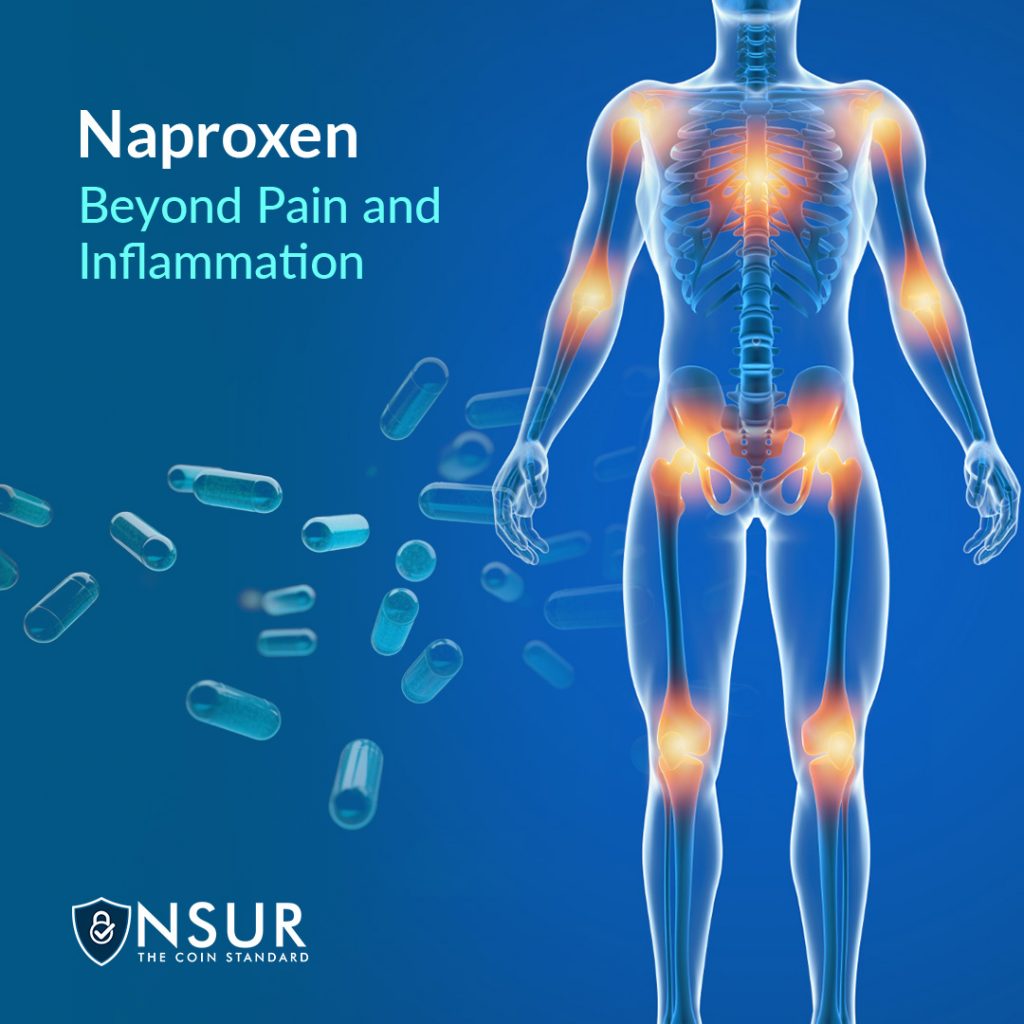
Pregnancy is a time of growth and change, a period when the body’s needs shift and diet becomes a central focus. Proper nutrition is crucial during this time, not only for the mother’s health but also for the development of the baby. Here are some tips and recommendations based on the latest research.
1. Embrace a Balanced Diet
A balanced diet is key during pregnancy. This means consuming a variety of foods from different food groups to ensure you’re getting a wide range of nutrients. According to Mayo Clinic, pregnant women should focus on fruits, vegetables, whole grains, and lean protein. They also recommend dairy products, which are high in calcium and protein, essential for the baby’s development.
2. Prioritize Certain Nutrients
Certain nutrients are particularly important during pregnancy. Folate, iron, calcium, vitamin D, DHA, iodine, and choline are all crucial for the baby’s development. These nutrients can be found in a variety of foods. For example, folate is abundant in leafy greens, while iron can be found in lean meats and fortified cereals.
3. Stay Hydrated
Staying hydrated is always important, but it’s especially crucial during pregnancy. Water aids in the absorption of essential nutrients into the cells and helps with digestion. It also helps to form the placenta and the amniotic sac.
4. Eat a Rainbow
Eating a variety of fruits and vegetables of different colors can help ensure you’re getting a wide range of nutrients. Each color represents different nutrients, so a colorful plate is a good sign of a balanced diet.
5. Listen to Your Body
Pregnancy can bring about new food preferences and aversions. It’s important to listen to your body and eat what feels good to you, while still aiming for a balanced diet. If you’re struggling with morning sickness, try eating smaller, more frequent meals throughout the day.
6. Don’t Forget About Omega-3s
Omega-3 fatty acids, particularly DHA, are important for the baby’s brain development. Good sources of DHA include fatty fish like salmon and trout. If you don’t eat fish, you can get DHA from supplements or fortified foods.
7. Be Mindful of Food Safety
Pregnant women are more susceptible to foodborne illnesses, which can be harmful to the baby. Be sure to thoroughly wash fruits and vegetables, cook meats to the proper temperature, and avoid raw or undercooked seafood and eggs.
8. Consider a Prenatal Vitamin
Prenatal vitamins can help fill any nutritional gaps in your diet. They’re typically high in the nutrients pregnant women need most, like folic acid, iron, and calcium. However, they’re not a substitute for a balanced diet.
Remember, every pregnancy is unique, and what works for one person may not work for another. It’s always a good idea to consult with a healthcare provider or a dietitian to create a dietary plan that suits your individual needs.
Take advantage of NSURx for your prescription drugs!
With the NSURx Prescription Benefit Card, you can save money on medications at more than 35,000 pharmacies across the United States
You can save up to 80% on your medication by using an NSURx card. Hundreds of dollars in savings could be yours every time you fill out your prescription.
The more you shop with NSURx, the more NSUR Coins you will receive as a reward.











